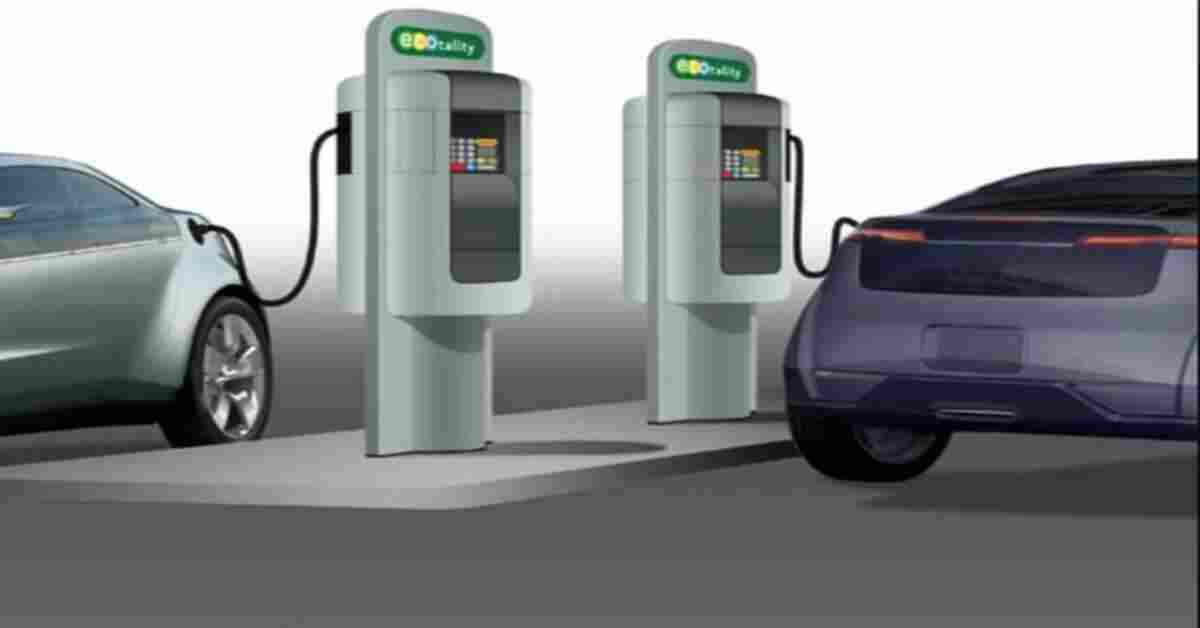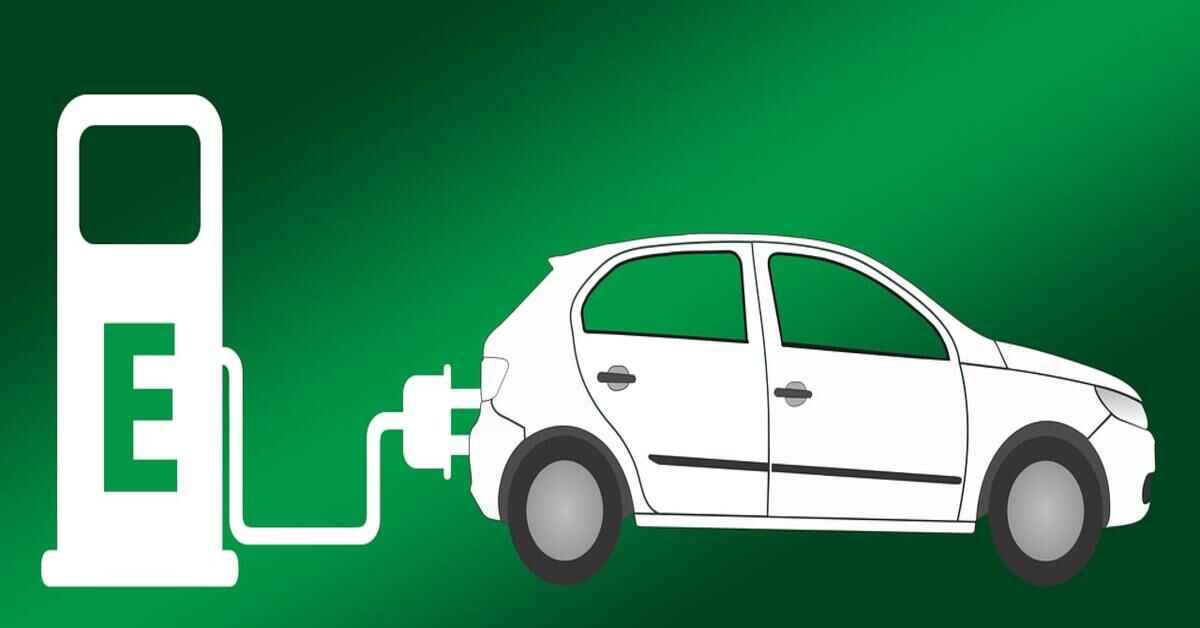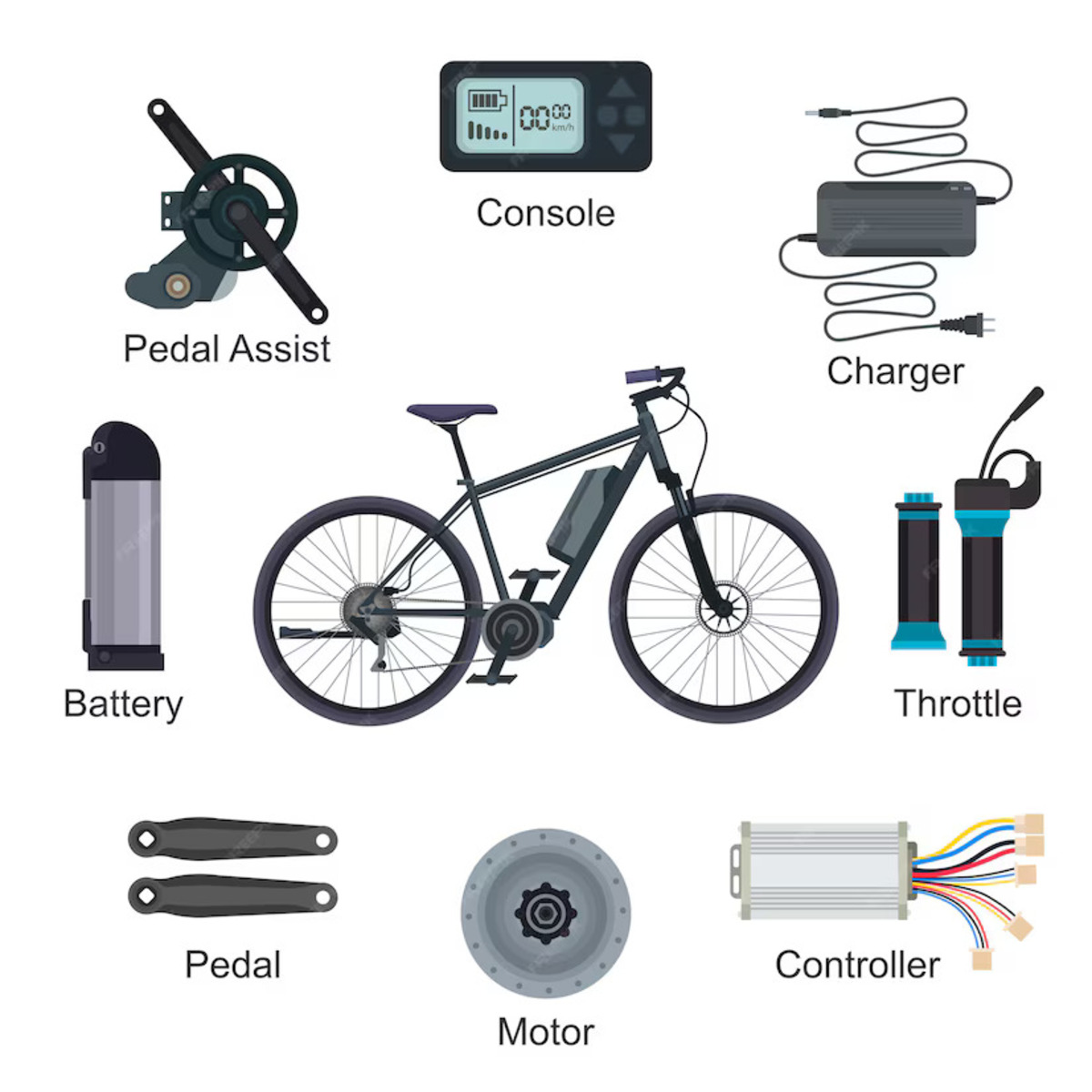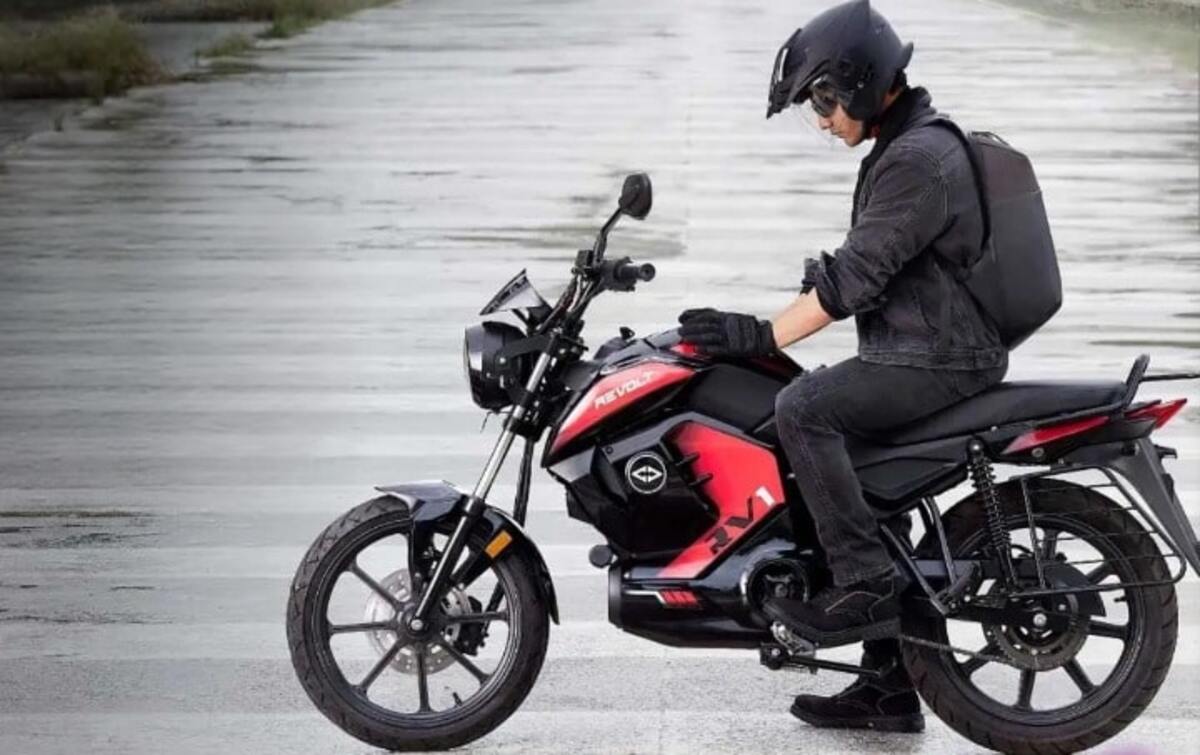This article will familiarize you about the Electric Vehicle (EV), EV charging stations, types of charging stations and the items required for setting up an Electric Vehicle charging stations.
What is an Electric Vehicle
Vehicle that is charged with electricity in place of petrol or diesel is known as an electric vehicle. Such vehicles are in demand as they are coherent, runs on electricity and save our money. To charge the batteries of Electric Vehicles, electricity is used. EV is cost-effective, release no smoke, environment- friendly, easy to drive and effortless to charge at home or outside. Electric vehicle or EV has less moving parts in comparison to non-EV vehicles that’s why it needs less maintenance. Because of surging population; it is the high time to welcome such electric vehicles.
Charging Station

Charging Station is a place where all the apparatus are attached to provide electric power to charge the vehicles. Home or AC Charging Stations and Public or DC Charging Stations are the two types of charging stations.
There are basically two types of charger: AC and DC. Alternate Current are the slow chargers and they take more time to charge the vehicles where as Direct Current are the fast chargers and take less time to charge any vehicle. Slow chargers are inexpensive and they can charge a medium sized EV overnight. Fast chargers are high in price and depend on heavy and expensive equipment as well as they require high voltage connection. According to the capacity of your car, these Fast chargers completely charge the Electric Vehicle within an hour.
Types of Electric Vehicles Charging
There are three types of Electric Vehicles Charging –
Level-1, Level-2, Level-3
Level-1
Level-1 chargers are economical and easy to use at home as they don’t need any secondary apparatus to install. Buyers can charge their vehicle own with it but it takes more time in comparison to other chargers. That’s why these chargers can be used anywhere with AC power connectivity.
Level-2
Level-2 chargers can be used for domestic as well as business purpose. They are more useful than Level-1. If we drive on a long route, we should go for Level-2 charging because it not only provide fast charging comparatively to Level-1 but also gives satisfactory result in modest cost with up gradation of battery life. For instance- if Level-1 takes 10-12 hours to charge an EV then Level-2 takes 4-6 hours.
Level-3 or DC fast chargers provide the fastest charging
This charger takes approx 1 hour to charge the battery of EV and can run near about 180 miles. The amount of time to charger the vehicle is also depends on the capacity of the DC charger. Level-3 chargers are high in price in comparison to Level-1 and Level-2. Even then, there are some electric vehicles which do not support the some features of Level-3 and in this case, those vehicles are charged by either Level-1 or Level-2 chargers. Level-3 chargers can be installed only in public area.
Charging Applications
Charging service providers companies either provide their own in house made mobile app or they use the app services from other complanies and by which customer can track the availability of nearby charging station and can directly reach there to charge his electric vehicle.
POINTS TO KEEP IN MIND FOR SETTING UP ELECTRIC VEHICLES CHARGING STATION (EVCS)
Before any article we required for setting EVCS, we need to make people aware about the benefits of EV. Deficit of awareness among the people about the EV is the biggest issue. Initiatives are being taken by both government and companies to promote its benefit. Government is coming up with incentives scheme (waive off registration fee etc) for EV buyers. On the top of that, government has reduced 12% GST to 5% on electric vehicles. Then there should be proper planning of infrastructure that can include land and machines.
Safety measures should also be properly planned followed by the maintenance of electric items. The candidates are required to submit their documents for proof. We require a skillful and proficient installer to install the charging equipments. Educated youngsters prefer to buy EV only when they have sound knowledge about it.
- Land
- Construction Cost
- Charger cost
- Electricity cost
- (i)Transformer
- (ii) Switchgear
- (i)Switches
- (ii)Fuses
- (iii)Circuit Breaker
- (iv)Protective Relays
- Software and Maintenance Cost
- Documentation
Now let’s discuss the above points in details:
Land
First of all, we need a land where Electric Vehicles Charging Station can be installed. If we buy or take a land on lease, it would increase our investment. For instance- if we buy 250sq.ft land, we need to invest near about 20-25 lakhs in addition to, in case of lease, investment would be 6-8 lakhs. Land cost may depend on our requirement, location and charging station too. If we install more charging station, we need more land.
Construction Cost
For construction work on land, we need 2-3 lakhs. There should be proper space of entry and exit of at least 2-3 cars concurrently. If the land for installing EV Charging Station is in prime location like near hospital, restaurant, mall and supermarket, then it can be easily approachable to customers and our profit can go on hikes.
Charger cost
Chargers cost can be in between 2 lakhs to 60 lakhs depending on the charger that is to be used. AC chargers are under ten thousands to 2 lakhs where as DC chargers cost in the middle of 5 to 30 lakhs. Variety of AC and DC charger is available in the market. Its cost can be from 10 thousand to 30 lakhs. For installing EV charging station, a good quality charger can be purchased within 2-3 lakhs.
Electricity cost
To install EV charger station, we need to take electricity connection which may cost around 7-8 lakhs.
Transformer
It is used to provide power supply to Electric Vehicles. It protects the charger from being toasted and enhance the overall power value. It manages the voltage system as well as provides the safety measure.
Switchgear
It is an element of Level-3 EV charging stations. It consists of switches, fuses, circuit breaker, protective relays, control panel and other apparatus. It is made up of electric panels that are assigned a task to accepting, giving out and preserving the site’s apparatus. The switchgear devices are used for generation, transmission and change of electric energy. The importance of switchgear cannot be ignored as it is responsible for protecting the electronic apparatus. Switchgear can be further divided into five parts-Low Voltage Switchgear, Medium Voltage Switchgear, High Voltage Switchgear, Indoor Switchgear and Outdoor Switchgear. Complete accuracy, fast operation and provision for manual control are the essential features of Switchgear.
Switches
It is a tool that is used to open or close an electric circuit in an easy way. It is used in any condition of complete loaded or no load.
Fuses
It is a small string that melts when extreme current pass through it. It is put in a sequence to protect the short circuit. No sooner does the short circuit happen, the current escalates through the fuses beyond its range. It increases the temperature and the fuses gets melt as well as disconnect the circuit that is saved by it.
Circuit Breaker
Its basic purpose is to protect an electric circuit from any destruction. A circuit can be opened or closed with the help of circuit breaker. This device is designed in such a way that can be operated in any condition either by hand or by machine where as in critical condition, it opens automatically. Vacuum Circuit Breaker, Oil Circuit Breaker, Miniature Circuit Breaker etc are the instances of Circuit Breaker.
Protective Relays
It is a tool that is used to find out the malfunctioning circuit and provide information to the breaker. Its main function is to give an indication to circuit breakers to detach the parts of a power system when it expands a fault.
Electromagnetic Relays, Reed Relays and Safety Relays are the important types of Relays. Among them Electromagnetic Relay is an oldest form of relay and it is a type of electric switch that is used to on and off the switch and transforms the input current into the mechanical power. Electromagnetic Relays are used in fridge, car, elevator etc. New technologies in relay have been developed during the last one and half decades. Safety Relays as its name indicate, is used for safety purpose. In a critical situation, Safety Relays work and lessen the risk.
Batteries of the machine should be checked on regular basis. Right extension cord and charging cable should be used to prevent any damage.
Software and Maintenance Cost
As it is an unmanned project, to manage the things online, we need to buy software and it cost may go between 10 to 12 thousands. Maintenance depends on the charger that we take. It can be 4 to 8 % of our investment. For setting up EV Charging station, the government of India made it license free.
It takes near about 30-35 lakhs rupees for installing an EV charging station. Even then this amount may vary depending on our land, installation expenses, maintenance cost etc.
Documentation
The candidate is required to submit aadhar card, pen card, proof for land ownership etc for installing the EV charging station. This documentation may differ according to the state.
Profit in setting up Electric Vehicle Charging Station
Profit would be on the basis of per unit rate of electricity and rate of the electricity may vary depending on the state. The more unit we sale, the more profit will be increased year by year.




